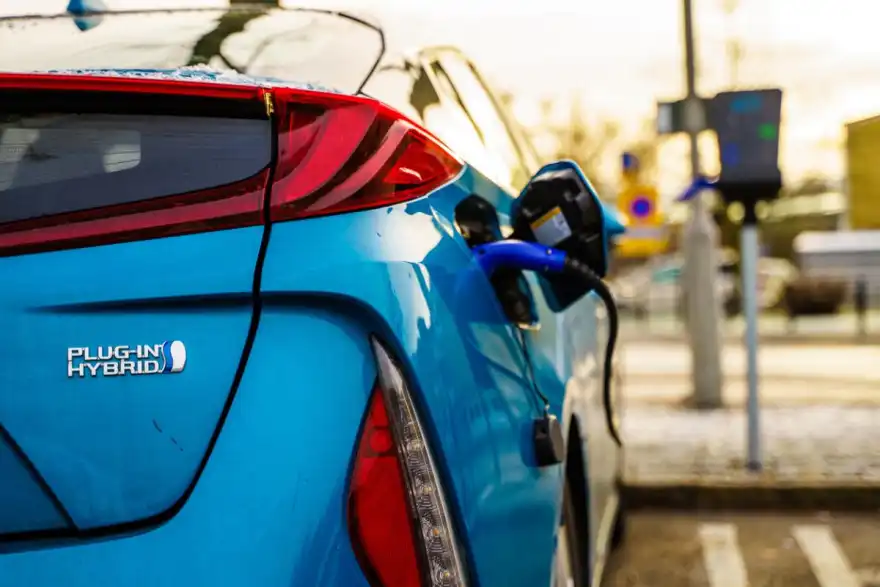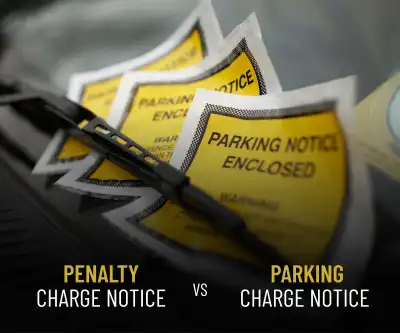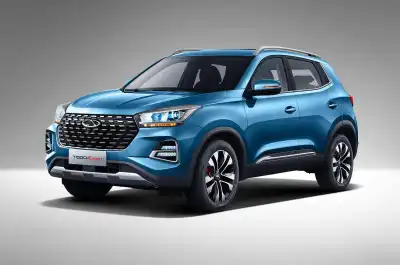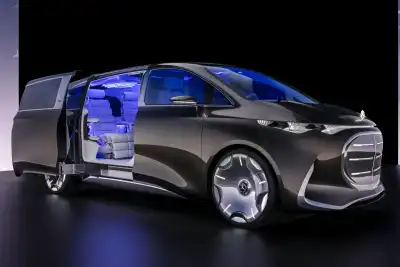
Prime Minister Keir Starmer is expected to relax the planned 2030 restrictions on hybrid car sales, following concerns that strict electric vehicle (EV) targets are putting pressure on manufacturers.
The government had previously proposed laws to ban hybrids with higher CO2 emissions from 2030, alongside the ban on new petrol and diesel cars. This could have affected popular models like the Range Rover Evoque and Ford Puma, despite their lower emissions compared to some petrol vehicles.
However, after pressure from manufacturers warning that the policy could hurt UK investment, the Department for Transport is reconsidering. A Whitehall source told The Telegraph that “everything is on the table,” suggesting a wider range of hybrids could remain on sale—potentially until 2035.
At the end of 2024, the government proposed a strict CO2 cap of 115g/km per car from 2030, which could have severely impacted hybrids such as the Ford Puma, Volkswagen Golf, and Nissan Qashqai.
The Society of Motor Manufacturers and Traders (SMMT) is pushing for a more flexible approach, arguing that hybrid, plug-in hybrid, and hydrogen vehicles are key to the UK’s transition to zero-emission transport. Toyota and other hybrid-focused brands warn that restricting hybrid sales could deter investment, just as the industry is scaling up EV production. They also argue hybrids serve as a bridge to full EV adoption, especially in areas with limited charging infrastructure.
The SMMT is also calling for tax incentives, such as VAT relief, to boost EV demand and help meet the UK's zero-emission vehicle (ZEV) targets. The group estimates that such incentives could increase EV sales from 1.8 million to over 2 million between 2025 and 2027.
The government now faces a balancing act—cutting emissions while keeping the UK’s auto industry competitive.




